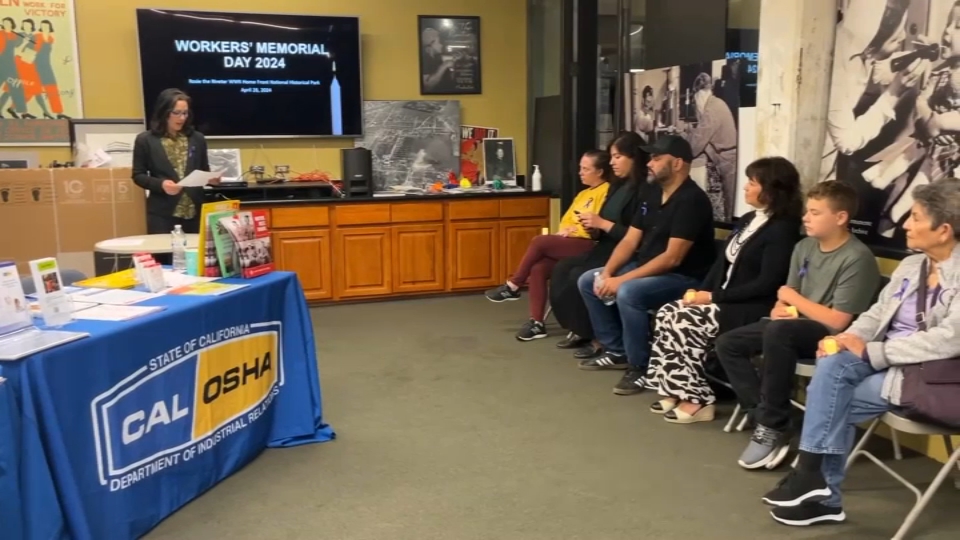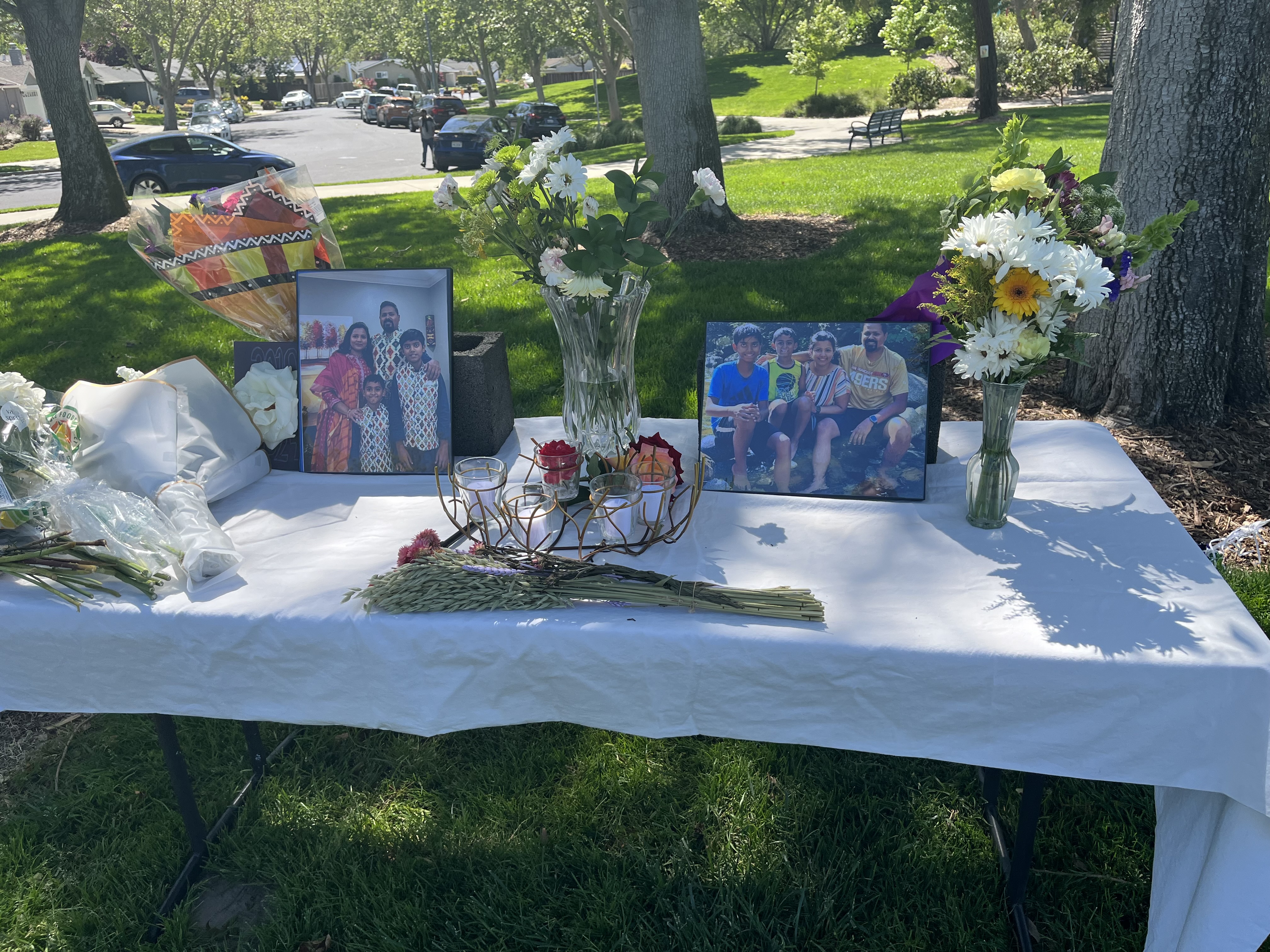For the first time, California state law will now directly regulate and track the controversial practice of fracking, or hydraulic fracturing, for oil in the state.
Thursday, California Senate Bill Four (SB4) which provides for direct regulation, tracking, monitoring and oversight of fracking operations in the state passed concurrence, meaning the language meets approval of both the State Senate and State Assembly.
It now goes to Governor Jerry Brown to sign into law.
Download a copy of SB4 (the new law) here.
The action follows an NBC Bay Area Investigation last year that uncovered how widespread and unregulated fracking is in California.
But environmental critics say the law has huge holes in it and does not go far enough. They say it would have been better if the California legislature would have done nothing.
Oil and gas companies representatives aren’t happy with the new bill either. They say it goes too far and could impact the state’s energy future.
Currently, when you drill by an oil well among the fields of Kern County or Monterey County or anywhere else companies are drilling for oil, it’s hard to tell whether it is being fracked. That is unless you’re an expert in the practice.
That is exactly what critics of California’s current regulations say is the problem.
Until now there has been no provision in California law to specifically regulate, track, permit or monitoring hydraulic fracturing (“fracking”) even though the practice has been used by the oil and gas industry for five decades to recover oil from deep underground.
In California, “we’re not monitoring (hydraulic fracturing),” said Renee Sharp of the Environmental Working Group. “We’re not tracking. We’re not regulating. We’re not looking for any problems at all.”
Hydraulic fracturing has drawn fire in many East Coast communities where it is commonly used to recover natural gas. It is a practice where engineers send huge volumes of water, chemicals and sand under immense pressure through wellheads to deposits deep underground to break up the shale rock below and extract the oil or gas. In California, fracking is used to recover oil from deep shale formations several thousand feet below the surface of the earth.
READ THE ORIGINAL REPORT: Threat of Lawsuit Over California's Controversial Oil Drilling
Fracking has generated huge controversy in other communities in the United States, particularly in New York, Pennsylvania and Ohio. There, residents have complained the practice has contaminated their drinking water and air. Some residents demonstrate that they can set their tap water on fire. All, they say, because of chemicals and natural gas that has seeped into their water supply after fracking takes place in the area around them.
Hollywood has even weighed in on the fracking controversy. It’s a big part of the movie “Promised Land” starring Matt Damon.
The lack of any rules or regulations set into state law prompted Democrat Fran Pavley of Calabasas to introduce Senate Bill Four, which has been through countless hearings and months of input from representatives of the oil and gas industry, environmental movements, state regulators, land owners and the general public.
“It is a bill that comprehensively regulates hydraulic fracking and other oil well stimulation techniques,” Senator Pavley said. “It will create transparency. It will create a public website in the state of California so that that public can engage.”
The law will require oil and gas companies to get permits to conduct fracking operations. But those rules don’t kick in until January 1, 2015. It also will require a statewide environmental impact review on the practice. But the law doesn’t mandate that environmental impact study to be completed until July 2015.
Critics say all that means it will be open season for oil and gas companies to increase fracking before the regulations start.
They say the law that made it through the legislative process in Sacramento does not go far enough and gives the oil and gas industry a “free pass” and “mandates” that fracking be allowed. The groups say they would have preferred no law to the one that was passed Thursday.
“We won’t stop until we’ve halted fracking for good in California,” said Kassie Siegel of the Center for Biological Diversity. “SB 4 was amended in the final hours of the legislative session to take it from to a bill that didn’t go far enough to protect Californians from fracking to a bill that actually gave away important protections to oil companies.”
The Center for Biological Diversity has even sued over fracking in federal court. After filing one of two lawsuits, the center won concessions, including an agreement by the U.S. Bureau of Land Management to halt the practice of hydraulic fracturing on federal lands.
“We won’t stop until we’ve halted fracking for good in California,” Siegel said. “Over 200,000 Californians are calling for a halt to fracking in the state.”
Because of the Center for Biological Diversity’s lawsuit, the BLM also agreed to conduct a full environmental impact study on the effects of fracking.
“The only safe way forward for California is to halt fracking,” Siegel said. “This is an inherently dangerous way of oil and gas extraction.”
As for the oil and gas industry, the president of one of the largest groups that represents petroleum companies said they aren’t happy with the new law either.
Western States Petroleum Association (WPSA) President Catherine Reheis-Boyd released a statement through a spokesman that said this new law “could create conditions that will make it difficult to continue to provide a reliable supply of domestic petroleum energy for California.”
You can read her entire statement here.
Senator Pavley answered her critics by saying "Companies are fracking and acidizing in California now with no regulation or oversight. With SB4, these hidden industrial activities will finally be regulated with meaningful evnironmental review and mandatory mitigation as well as public disclosure of all chemicals and well locations."
"Lawyers on all sides will come up with worst case scenarios of how language in legislation functions," said Pavley. "Their job is to find potential ambiquities in a bill and exploit those. However, the intent of this bill is clear."
You can read her entire statement in response to critics here.
Like it or not, the new finished bill is now headed to Governor Jerry Brown’s desk, where a spokesman told NBC Bay Area the governor will sign it into law—as early as the week of September 16, 2013.
Statement from Western States Petroleum Association:
WSPA members are disappointed the Assembly passed SB 4 in its current form. We have acknowledged the need to develop comprehensive and balanced regulations of hydraulic fracturing in California and had hoped SB 4 would provide those regulations.
Unfortunately, SB 4 could create conditions that will make it difficult to continue to provide a reliable supply of domestic petroleum energy for California.
Additionally, we are concerned the bill could make it difficult for California to reap the enormous benefits offered by development of the Monterey Shale formation in the San Joaquin Valley – benefits that include thousands of new jobs, increased tax revenues and higher incomes for residents of one of the poorest regions in the nation.
Nevertheless, SB 4 will soon become law in California. We will work within the framework created by SB 4 and with the Governor and the Department of Conservation to ensure that our members can continue to deliver affordable energy to the State of California.--Catherine Reheis-Boy
President, Western States Petroleum Association
Local
Statement from Senator Pavley:
“Companies are fracking and acidizing in California now with no regulation or oversight. We don’t know where companies are fracking and acidizing, what chemicals are being used or how groundwater is being impacted. With SB 4, these hidden industrial activities will finally be regulated with meaningful environmental review and mandatory mitigation as well as public disclosure of all chemicals and well locations, groundwater monitoring, neighbor notification and other safeguards.
Lawyers on all sides will come up with worst case scenarios of how language in legislation functions. Their job is to find potential ambiguities in a bill and exploit those. However, the intent of this bill is clear."



